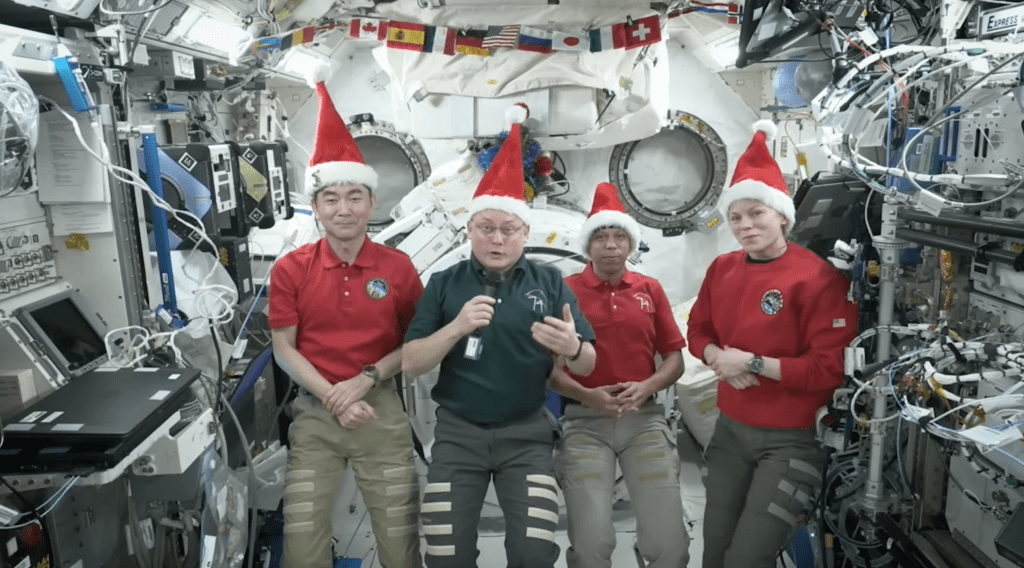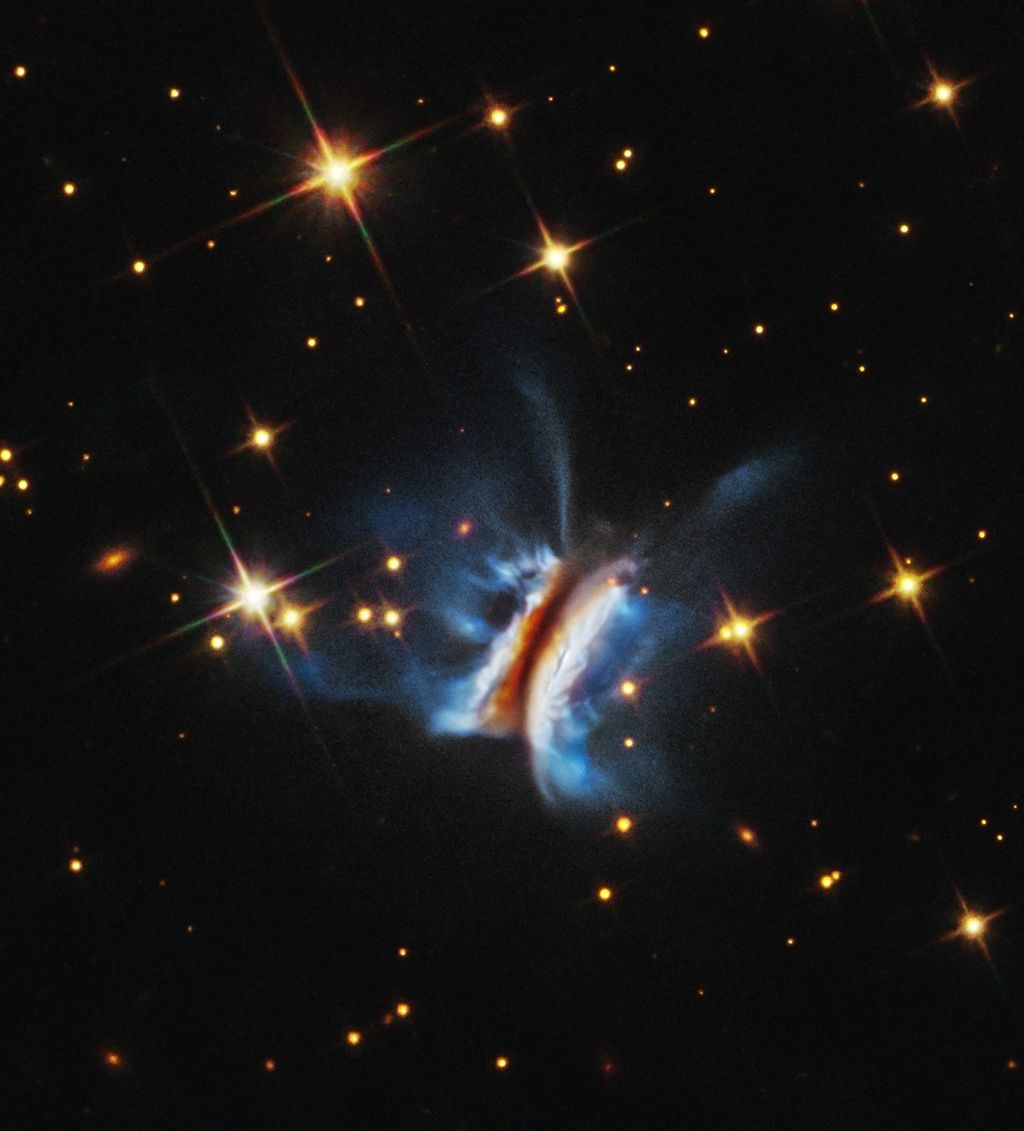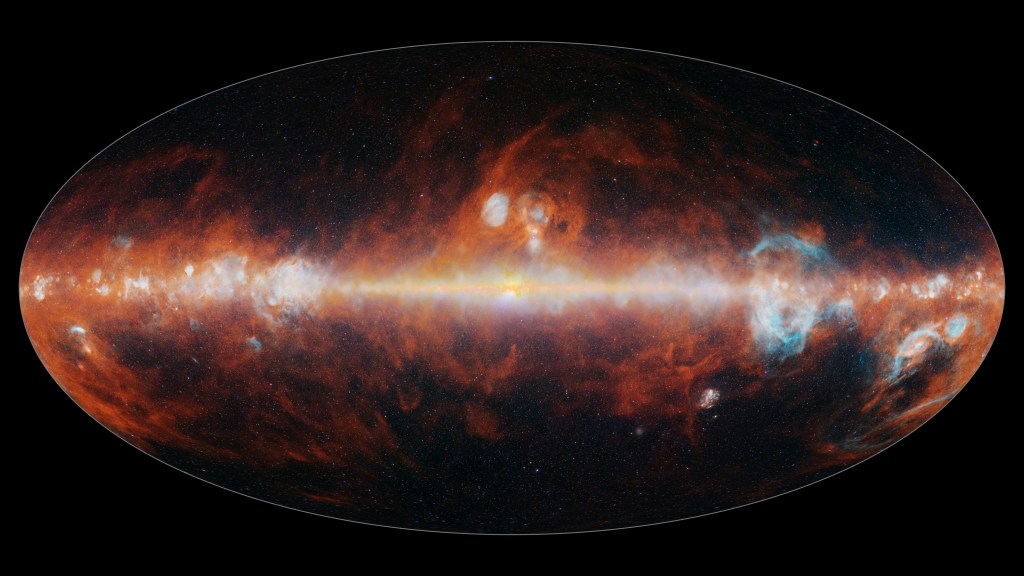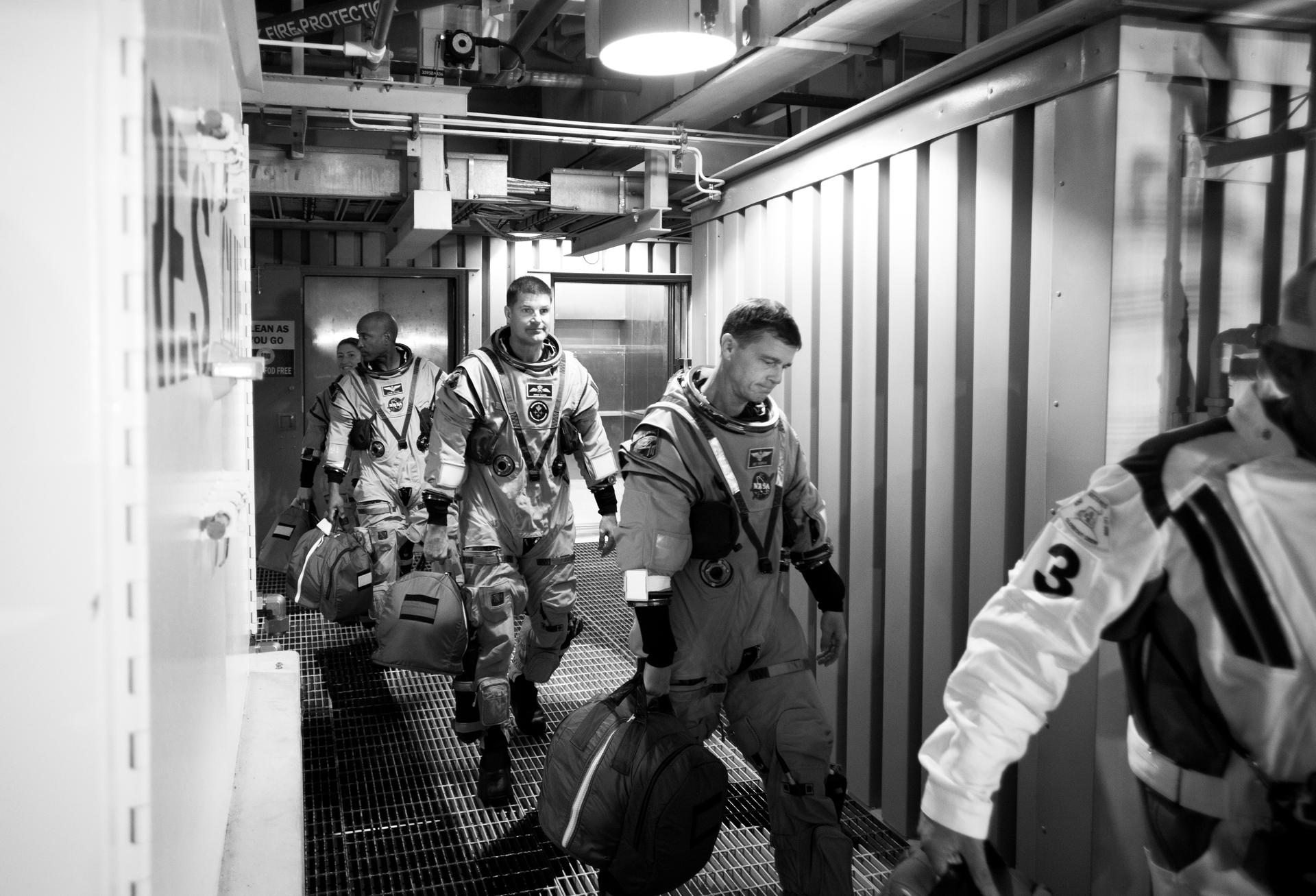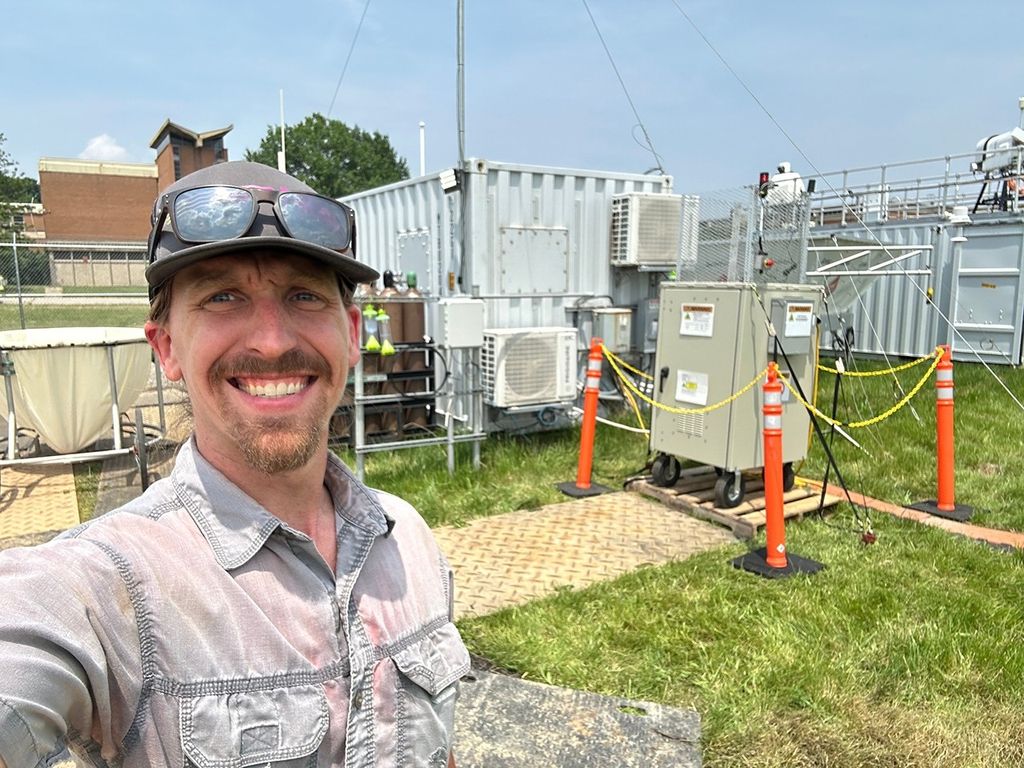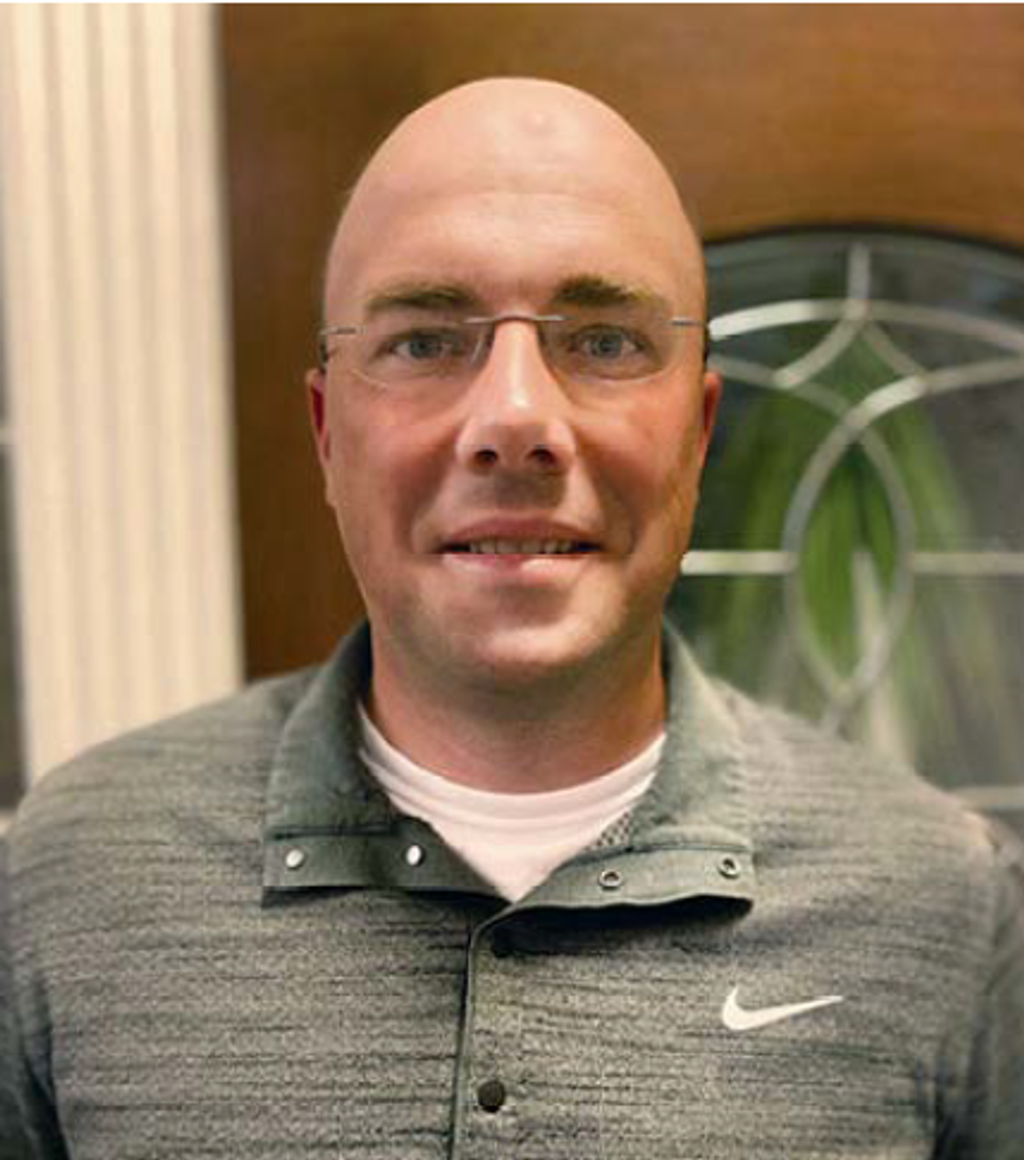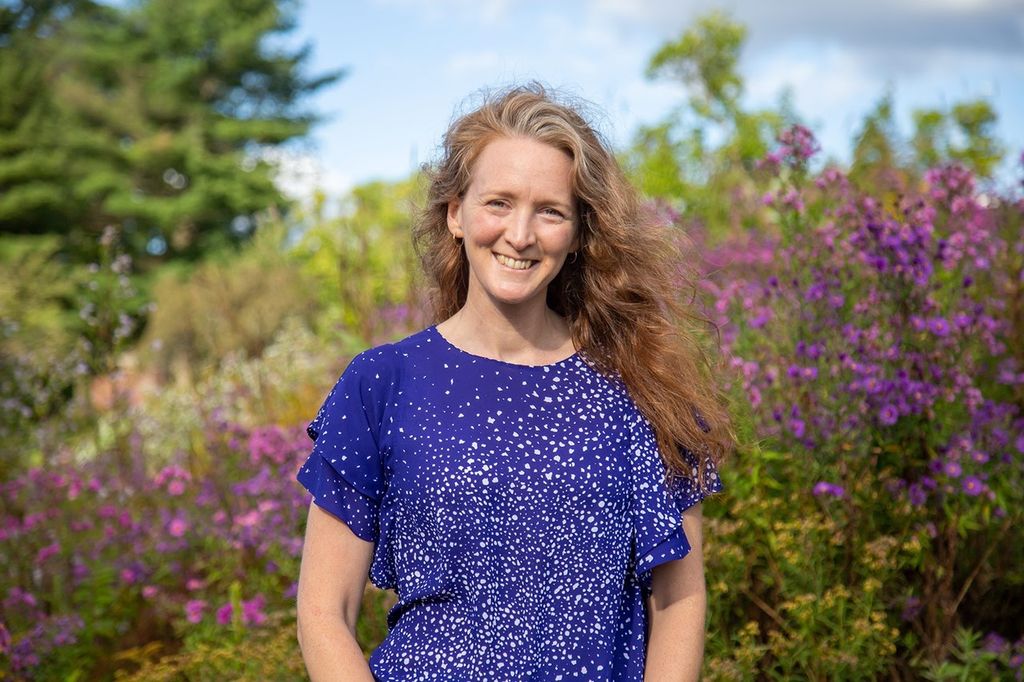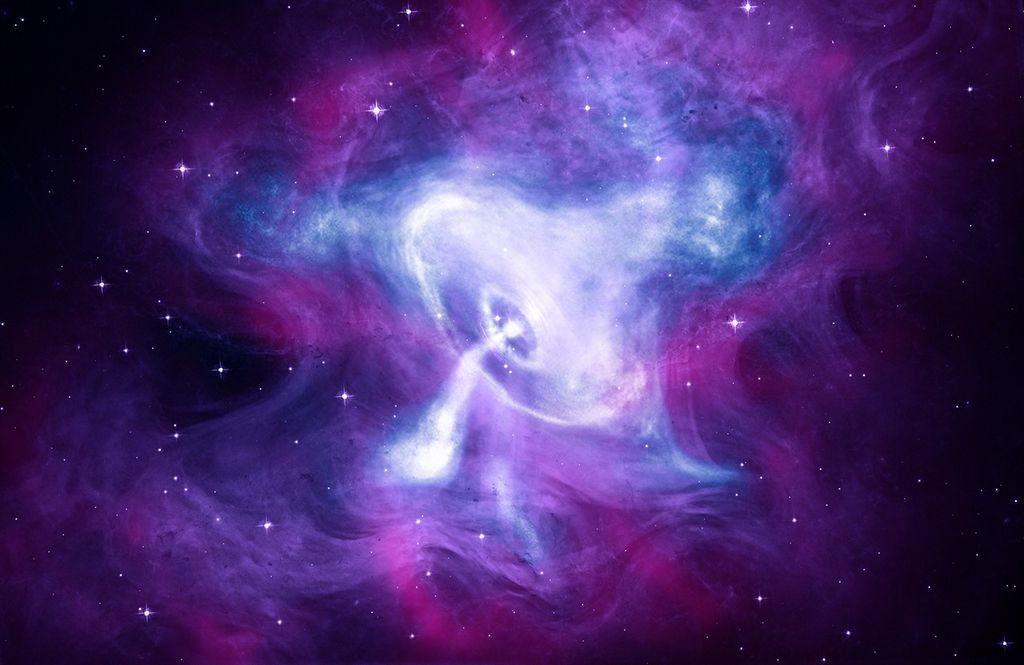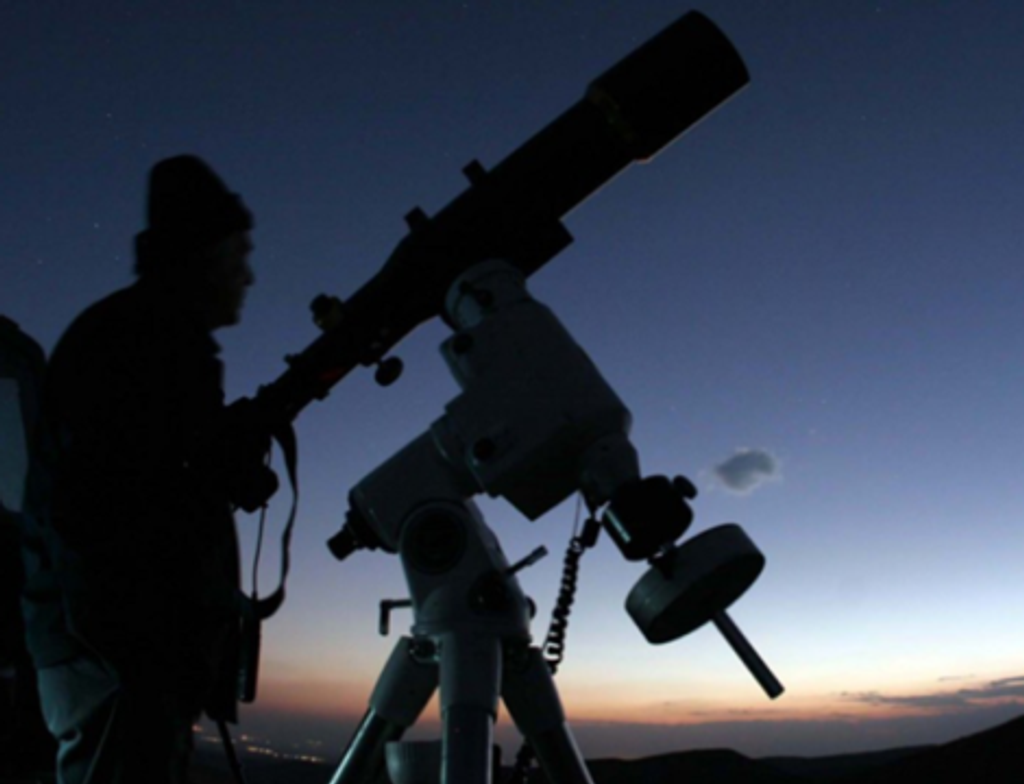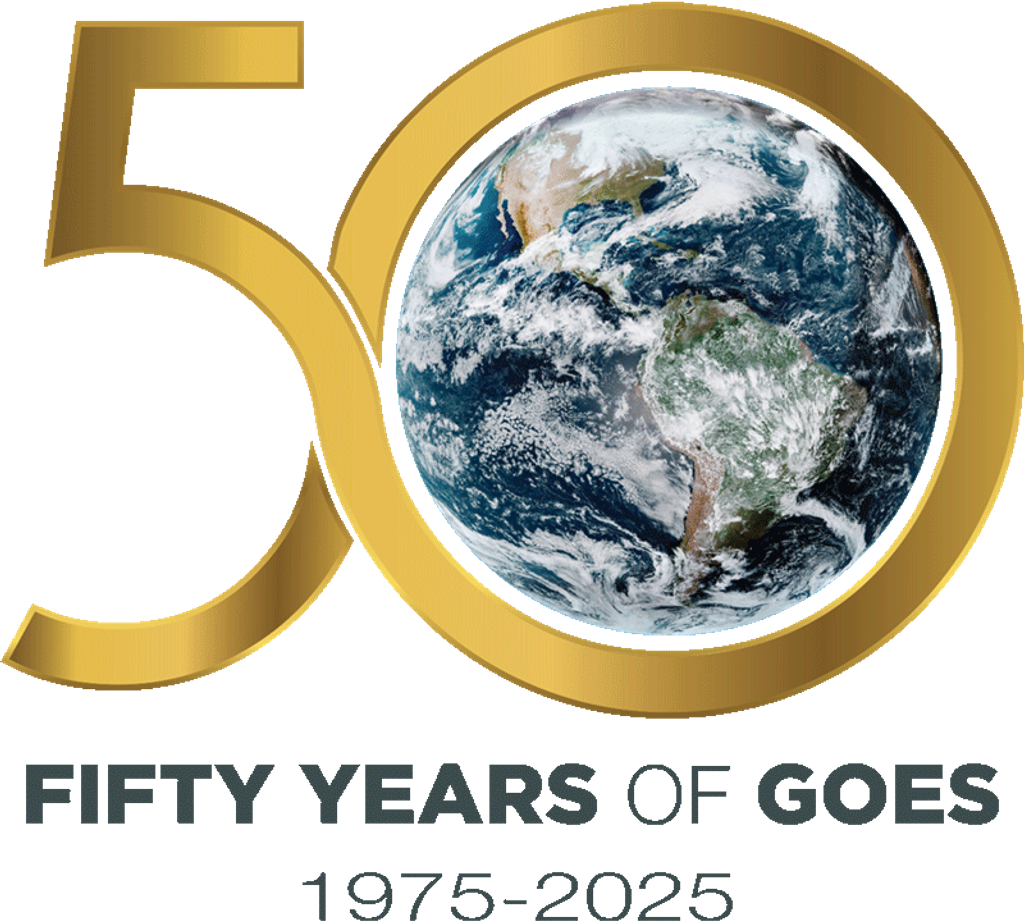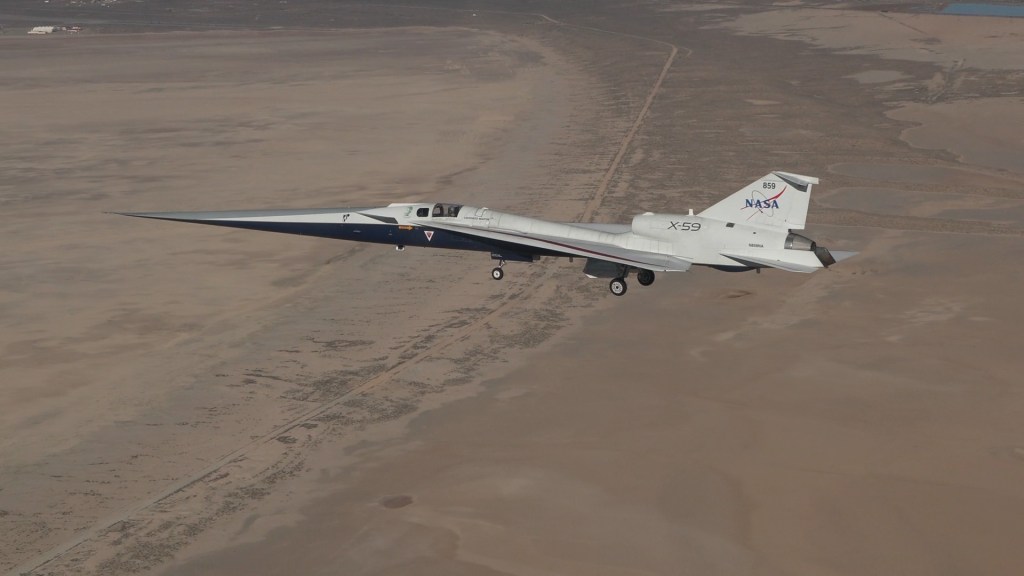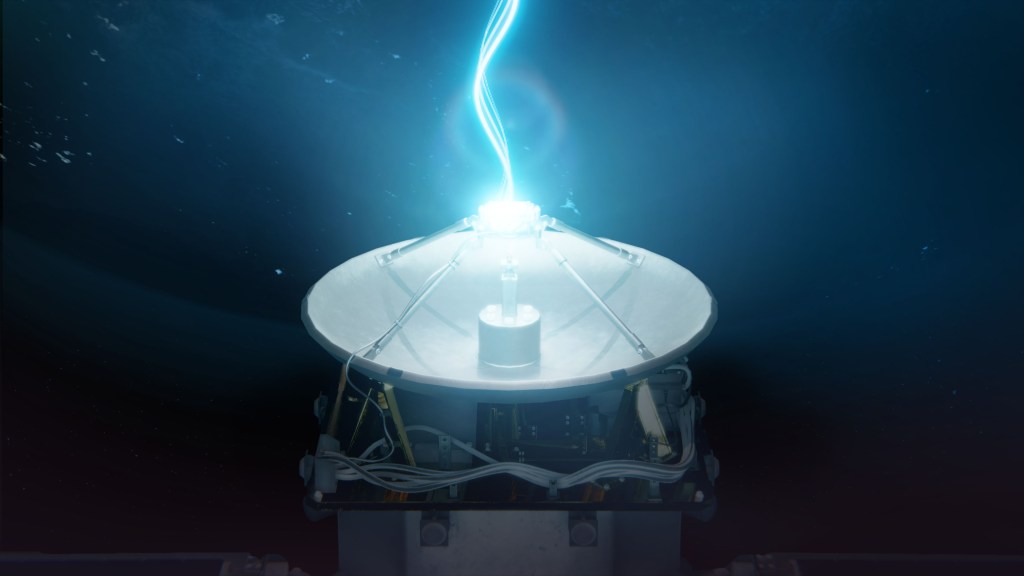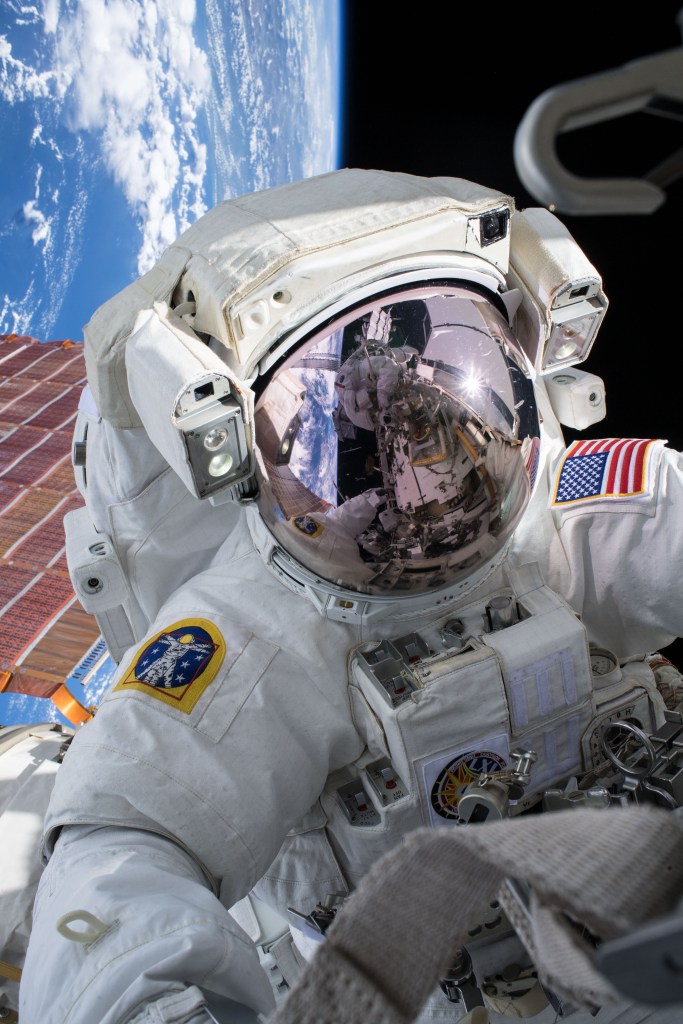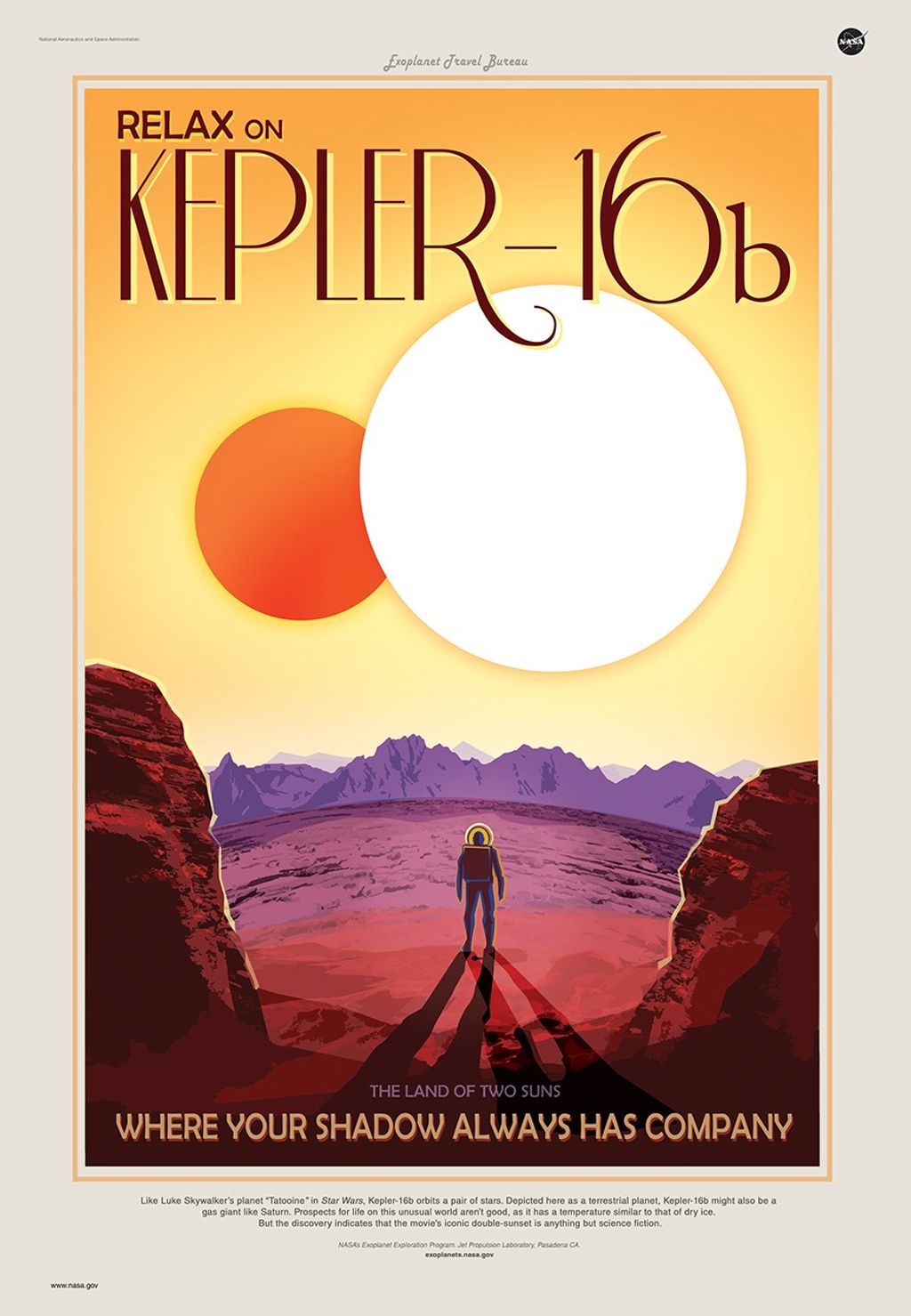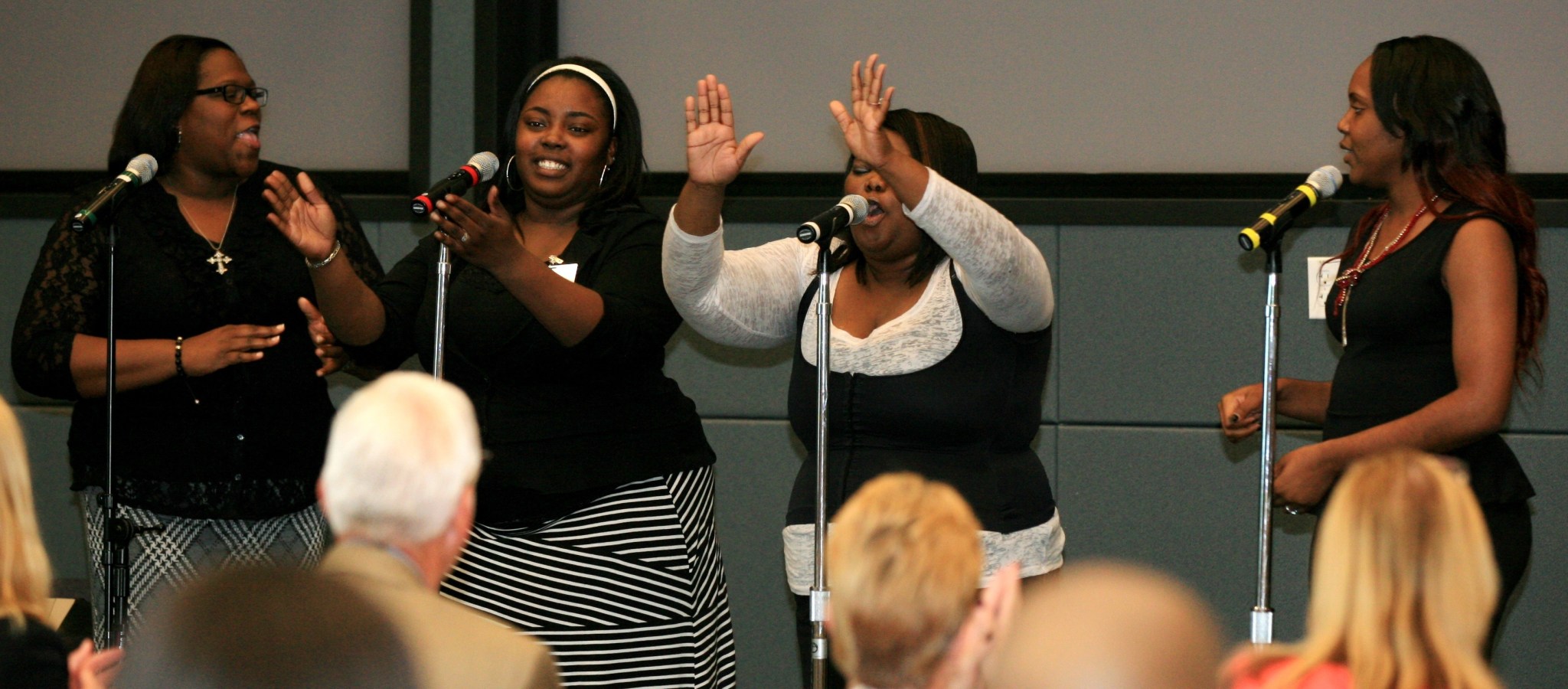Kennedy Space Center employees gathered in Operations Support Building II on Feb. 21 for the 15th annual African-American History Month celebration. The spaceport’s Black Employee Strategy Team (BEST) hosted the event, which included inspirational messages and the presentation of college scholarships.
“We are here to celebrate African-American history and heritage and, more importantly, to share that history and heritage with our fellow employees,” said master of ceremonies Yves Lamothe, who is a lead systems engineer in the NASA Technical Management branch of Ground Systems Development and Operations at Kennedy.
As part of the United States Bicentennial celebration in 1976, Black History Month was officially recognized by President Gerald Ford, who urged Americans to “seize the opportunity to honor the too-often neglected accomplishments of black Americans in every area of endeavor throughout our history.”
More recently a proclamation signed by President Barack Obama on Jan. 31, 2014, called on the people of the United States to observe African-American History Month with appropriate programs, ceremonies and activities.
“Every American can draw strength from the story of hard-won progress, which not only defines the African-American experience, but also lies at the heart of our nation as a whole,” the president said. “It inspires a new generation of leaders, and it teaches us all that when we come together in common purpose, we can right the wrongs of history and make our world anew.”
The theme of this year’s celebration was “The Golden Jubilee of the Civil Rights Act.” Enacted by Congress and signed by President Lyndon B. Johnson on July 2, 1964, the landmark legislation outlawed major forms of discrimination in the workplace and by facilities that serve the general public against people based on race, color, religion, sex and national origin.
The space center’s deputy director, Janet Petro, noted that prior to passage of the Civil Rights Act, Presidents John F. Kennedy and Johnson took steps to make a more inclusive society as part of the build-up for the Apollo Program to land on the moon.
“In an unprecedented move, knowing that NASA was planning to hire approximately 200,000 people in Southern states,” she said, “recruiters were asked to travel around the country trying to persuade African-American scientists and engineers to work in the space program.”
The keynote speaker for the Kennedy event was Barbara Harrison, retired vice president of Lakeland, Fla., Regional Medical Cancer Center, who spoke about holding on to your dreams. She also shared her philosophy of lifelong learning with priories that focused on advancements in education and excellence associated with a strong work ethic.
“Take advantage of leadership opportunities,” she said. “Continue to grow in knowledge. Set a goal of lifelong learning. As you burn the midnight oil, you can be a lamplighter on the pathway to excellence for others.”
Harrison believes that while doors of opportunity often were closed to her, she determined to not only knock, but gently push to open doors, for herself and others.
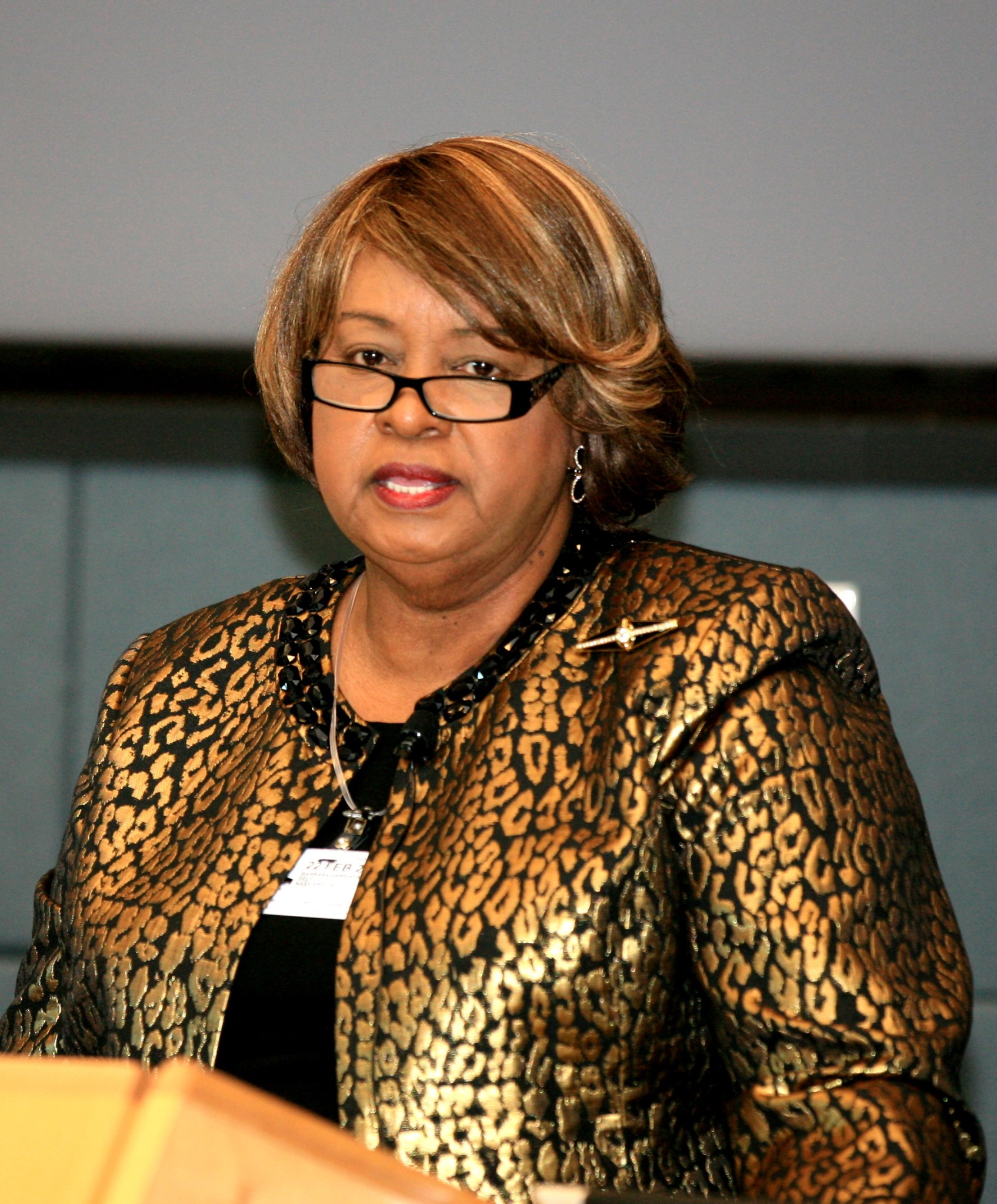
The musical entertainment for the celebration was provided by the gospel group Cho’Zion (pronounced chosen) from West Palm Beach and Port St. Lucie, Fla. The group has been singing together for more than 10 years and is in the process of recording its first album. Cho’Zion opened the program singing the national anthem, which it also recently performed prior to a Miami Heat basketball game.
BEST, the group that established and hosted the celebration, is an organization of African-American employees at Kennedy whose goal is to support the space center through activities that foster relationships and communication among all employees and encourage leadership and career growth, particularly among African-American employees. BEST is celebrating its 25th anniversary this year and the event featured a special presentation to commemorate the milestone by Jay Diggs, former director of the Kennedy Diversity and Equal Opportunity Office.
Since 2001 BEST has presented college scholarships to deserving students in memory of Evelyn Johnson, a founding member of BEST and former deputy director of the Kennedy Diversity and Equal Opportunity Office. Johnson, who died Dec. 26, 1999, mentored high school and college students and was instrumental in instituting programs to assist minority scholars. The scholarship program was established to continue her legacy of helping others.
In announcing this year’s winners, Ledlyne Heriscar of NASA’s Engineering Electrical Division noted that since the program’s inception, 26 scholarships totaling $14,750 have been awarded.
This year’s scholarship recipients were Miles Brinkley, Justin Henderson, Brandi Burse and Felicia Kaloydis.
Brinkley is a senior at Melbourne High School and plans to attend Stanford University. His mother, Sonya Plummer, is a business manager with Bionetics. His grandfather, Joe Hardin, is retired from Kennedy.
In his scholarship application essay on the importance of education in personal growth, Brinkley stated his belief that education is crucial to benefiting others.
“Without education, we as human beings are of no service to our fellow man and society,” he said.
A senior at University High School in Orlando, Henderson plans to attend Georgia Tech. His parents are Wanda and Charles Henderson. Wanda is a management and program analyst in the Program Control and Integration Office of NASA Center Planning and Development.
Henderson says education helps us learn about ourselves.
“Our education helps us learn how to take everything that happens to us as a learning experience,” he said.
Burse is a One Stop Shopping Initiative (OSSI) intern in the Spaceport Planning Office of Center Planning and Development. She currently is a student at Jackson State University in Mississippi.
OSSI is an integrated, NASA-wide program providing science and engineering mentors for college and university students serving in agency internships and fellowships.
In her application essay, Burse explained that she would like to lead an organization to help others promote their technological innovations.
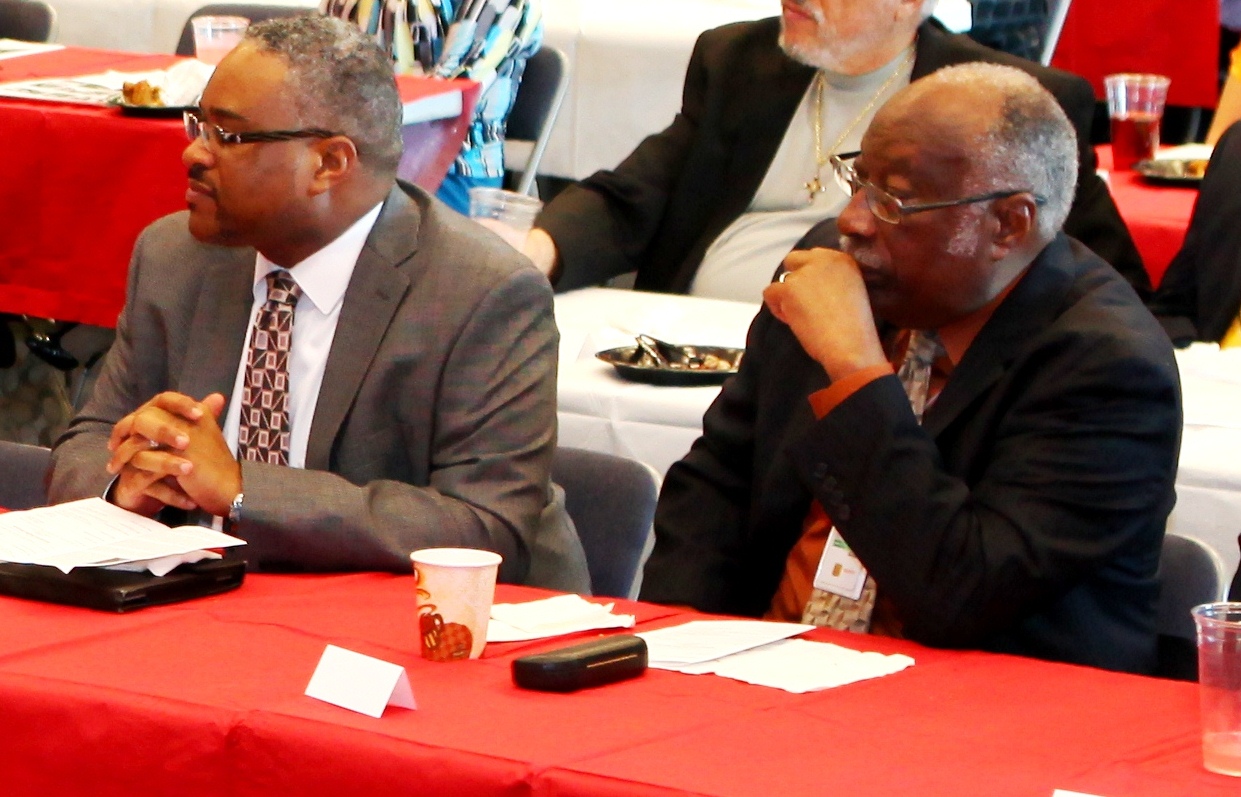
“After completing college, I plan to spearhead a nonprofit organization to increase the technological skills of individuals and prepare them to contribute to advancing the technical era,” she said.
A NASA Pathways intern, Kaloydis is working in Human Resources Operations and is pursuing a doctorate in industrial/organizational psychology at the Florida Institute of Technology.
The Pathways Program is designed to provide clear direction to federal government employment for college students and recent graduates.
Kaloydis noted in her essay that her goal is to help others seeking higher education.
“Acquiring my doctoral degree will grant me the privilege of teaching and supporting bright students in pursuing their own doctorate degrees,” she said.
In her remarks, Harrison had advice for those setting goals for their lives.
“I urge you to hold fast to your dreams and strive to make a difference,” she said. “It does not take much to make a difference. All you need is ears to hear the voices of others, a heart that is willing to serve and a voice that is willing to speak up for what you believe in.”

